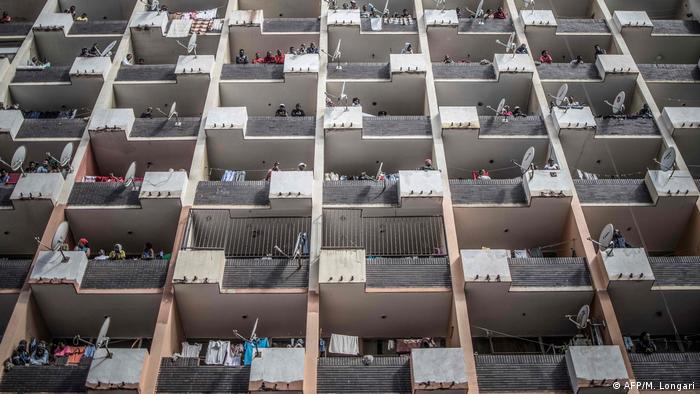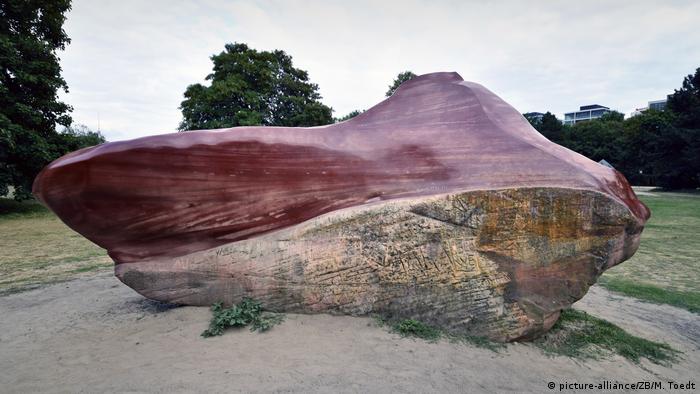Paralysed planes: Should airline bailouts come with climate conditions?
Issued on: 20/04/2020
DOWN TO EARTH © FRANCE 24
By:Mairead DUNDASFollow|Marina BERTSCH|Valérie DEKIMPE
As Covid-19 takes hold across the globe, and global demand for air travel falls 80 percent, the aviation industry is in freefall. The International Air Transport Association predicts half of all airlines will be bankrupt by June if governments don't step in with loans and bailouts. Climate campaigners, however, believe the pause in flying is an opportunity to build a cleaner air transport system.
Magdalena Heuwieser is a climate activist and co-founder of the Stay Grounded Network. The group's current campaign #SavePeopleNotPlanes asks that any financial aid come with conditions.
Heuwieser told FRANCE 24: "Airlines must agree to finally pay their fair share of taxes. Right now, airlines don't pay fuel tax and there is no VAT on plane tickets. We also demand to stop air miles programmes which incentivise frequent flying."
There is some hope the Covid-19 outbreak could lead to long-term changes in flying behaviour. With business trips cancelled, people are learning to communicate using video conference technology, raising the question of whether staff need to fly as frequently in the future.
Single-use plastic on the rise again
Meanwhile, one industry that's been less affected by Covid-19 is the business of plastic. Single-use plastics are on the rise again, as supermarket chains and local governments take steps to avoid contamination via the sharing and re-use of objects.
Plastic industry lobbies are meanwhile taking advantage of contagion fears and pressuring governments to ease bans. That's despite limited evidence single-use plastics are safer than other materials.
By:Mairead DUNDASFollow|Marina BERTSCH|Valérie DEKIMPE
As Covid-19 takes hold across the globe, and global demand for air travel falls 80 percent, the aviation industry is in freefall. The International Air Transport Association predicts half of all airlines will be bankrupt by June if governments don't step in with loans and bailouts. Climate campaigners, however, believe the pause in flying is an opportunity to build a cleaner air transport system.
Magdalena Heuwieser is a climate activist and co-founder of the Stay Grounded Network. The group's current campaign #SavePeopleNotPlanes asks that any financial aid come with conditions.
Heuwieser told FRANCE 24: "Airlines must agree to finally pay their fair share of taxes. Right now, airlines don't pay fuel tax and there is no VAT on plane tickets. We also demand to stop air miles programmes which incentivise frequent flying."
There is some hope the Covid-19 outbreak could lead to long-term changes in flying behaviour. With business trips cancelled, people are learning to communicate using video conference technology, raising the question of whether staff need to fly as frequently in the future.
Single-use plastic on the rise again
Meanwhile, one industry that's been less affected by Covid-19 is the business of plastic. Single-use plastics are on the rise again, as supermarket chains and local governments take steps to avoid contamination via the sharing and re-use of objects.
Plastic industry lobbies are meanwhile taking advantage of contagion fears and pressuring governments to ease bans. That's despite limited evidence single-use plastics are safer than other materials.


















